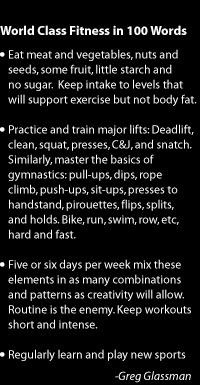
High powered, talented NHL teams have lost out in the first round of the playoffs. Teams with mediocre talent have won playoff series and eventually the Stanley Cup. What's the difference?
One of the best aspects of team sports is the comaraderie that is built between players that can be a difference between winning and losing games. Teams that learn how to play together as a unit will perform better than a group of talented individuals that happen to be wearing the same jerseys. It is referred to as team chemistry.
Last season the Boston Bruins sent the team to Vermont for some team-building. "We felt like we had a positive season last year." said head coach Claude Julien. They are currently heading back to the same place prior to this years season. "The players really got a lot out of it. After we got done, the players talked about it for quite a while afterward, which is a good sign."
Youth teams whether high school, travel or house can also reap the benefits of team chemistry. Not only will team play improve but the players will value their hockey playing experience more, make long lasting friendships and learn the benefits of being on teams. Youth hockey teams are often setting up pool parties, team gatherings or other useful team functions at the beginnings of the season as a way to start developing bonds. The benefits don't end with the kids. I've known of hockey parents that have continued to stay in touch 20+ years after their kids' minor hockey playing days were over.
Make the time and effort to set up functions away from the rink. Whether the players are competing for the Stanley Cup or playing youth hockey at the local rink, the results are worthwhile.
2008-09-03
TEAM CHEMISTRY
Subscribe to:
Post Comments (Atom)





















0 comments:
Post a Comment